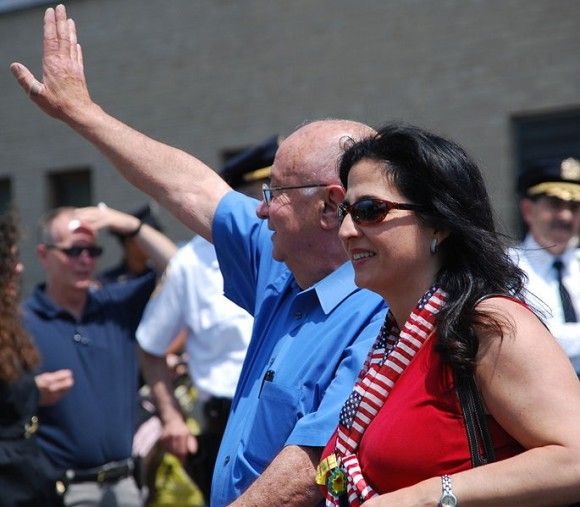Savino Pushing Cuomo Hard On Medical Marijuana Bill

State Senator Diane Savino, who recently put forward a bill to legalize medical marijuana, is placing heavy pressure on the reluctant Governor Andrew Cuomo to support the bill, according to a report by Capital New York.
Cuomo expressed concerns over the bill during an interview on “The Capital Pressroom” with Susan Arbetter. Despite polls that show a majority of voters in favor of the proposed legislation, Cuomo again expressed fears that such a law would be abused and might spur further recreational use of the drug, though he admitted that his views on the issue were “evolving.”
In an interview, Savino refused to wait for Cuomo’s long brewing evolution on the matter. The state senator urged the governor to reconsider his stance in light of the overwhelming support the public has for the bill both in state and nationally.
“Medical marijuana polls off the charts … in every demographic, every age group,” Capital New York reported Savino saying.
“If you look at it purely from the political perspective, we will be close to 20 or 22 states that have adopted a medical marijuana statue [by 2016.]”
Savino also argued that safeguards to regulate and protect against abuse of the drug are heavily coded into the proposed law.
According to Savino, Cuomo is “concerned that we’re going to have a scenario like we have in California. That’s a reason to give him a lot of concern.”
Savino said that under California’s medical marijuana program is “everybody can be certified as a patient,” which Cuomo wouldn’t want to be the case in New York.
The state senator is hoping to meet with governor to address all his concerns and is open to making changes that meet his approval. In New Jersey, for example, access to medical marijuana is extremely regulated and restricted, with two-thirds of patients facing long waits to receive their medicine. Savino isn’t looking into making medical marijuana’s potential availability in New York as stringent.
“You don’t want to make it so difficult that people can’t get access to it.”



